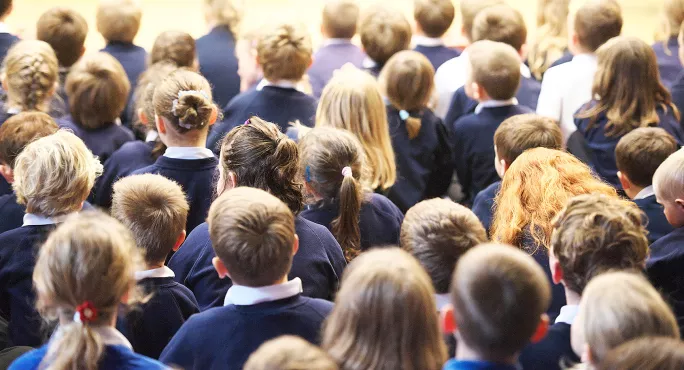There has been an 11 per cent rise in the number of pupils with statutory guarantees of support for their special educational needs or disabilities (SEND) in 2019, compared with 2018.
The statistics published by the DfE today show there were 354,000 children and young people with an education, health and care (EHC) plan in January 2019 – an increase of 34,200 (11 per cent) from the combined total of children with EHC plans or their predecessors – statements of special educational needs at January 2018.
Statements were phased out last year, so this year's figures only include EHC plans.
Quick read: Warnock’s 5-point plan for SEND
Statistics: Deadline missed for SEND plans for 3,800 pupils
SEND Focus: Three problems with EHC plans
The statistics show a growing demand for the plans – with 72,400 requests made for assessments during 2018, a rise of 12 per cent on 2017.
One in four (25 per cent) of those who asked for their child to be assessed for an EHC plan were turned down.
And of the 51,600 who were assessed, 48,907 were issued with a new plan during 2018 compared to 42,162 in 2017.
This means there was an increase of 16 per cent in the number of children who received new education, health and care plans during the 2018 calendar year compared to 2017.
The proportion of plans issued within the 20-week time limit fell from 65 per cent in 2017 to 60 per cent in 2018.
The statistics come on the day that a SEND ‘crisis’ petition, signed by 12,000 people, is due to be delivered to 10 Downing Street calling for more funding.





